The twenty-something free fall
Young adults with autism face many new expectations and challenges — with none of the support that is available during high school.

Young adults with autism face many new expectations and challenges — with none of the support that is available during high school.
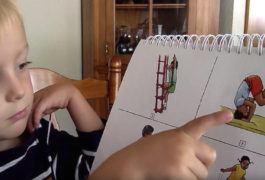
A picture-based test is a fast and flexible way to assess intelligence in large studies of people with autism.
Scientists recognize women’s contributions, ‘autism’ can be a strike against a person awaiting organ transplant, and stunning science snapshots show cells, squid and sections of the brain.
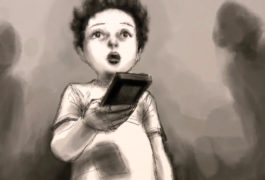
In a new type of therapy for autism, parents talk or type into their phone or computer, and their words emerge in the voice of an animated character.
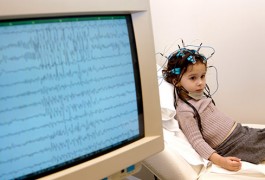
Children with an extra copy of the 15q11-13 chromosomal region, the second most common genetic abnormality in people with autism, have unusually strong brain waves called beta oscillations. The preliminary findings, presented Friday at the Dup15q Alliance Scientific Meeting in Orlando, Florida, suggest that beta oscillations could distinguish children with dup15q syndrome from those with other forms of autism.
Donald Trump seems to see science through the lens of conspiracy, Brexit may spur an exodus of scientific talent from the United Kingdom, and preterm babies show atypical brain activity before birth.
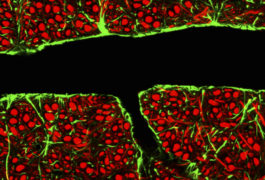
A mutation that prevents some amino acids, the building blocks of proteins, from entering the brain may lead to autism.

About one in four children with autism hit, scratch or otherwise hurt themselves, suggests an analysis of school and medical records for more than 8,000 children.
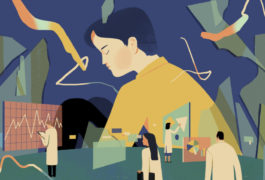
People with autism who speak few or no words need tools that can help them communicate. Scientists could make this happen.
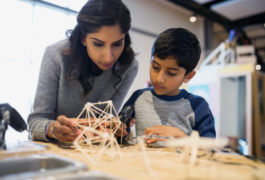
Teaching parents of toddlers with autism how to respond to their children may result in long-term improvements in these children’s autism features.